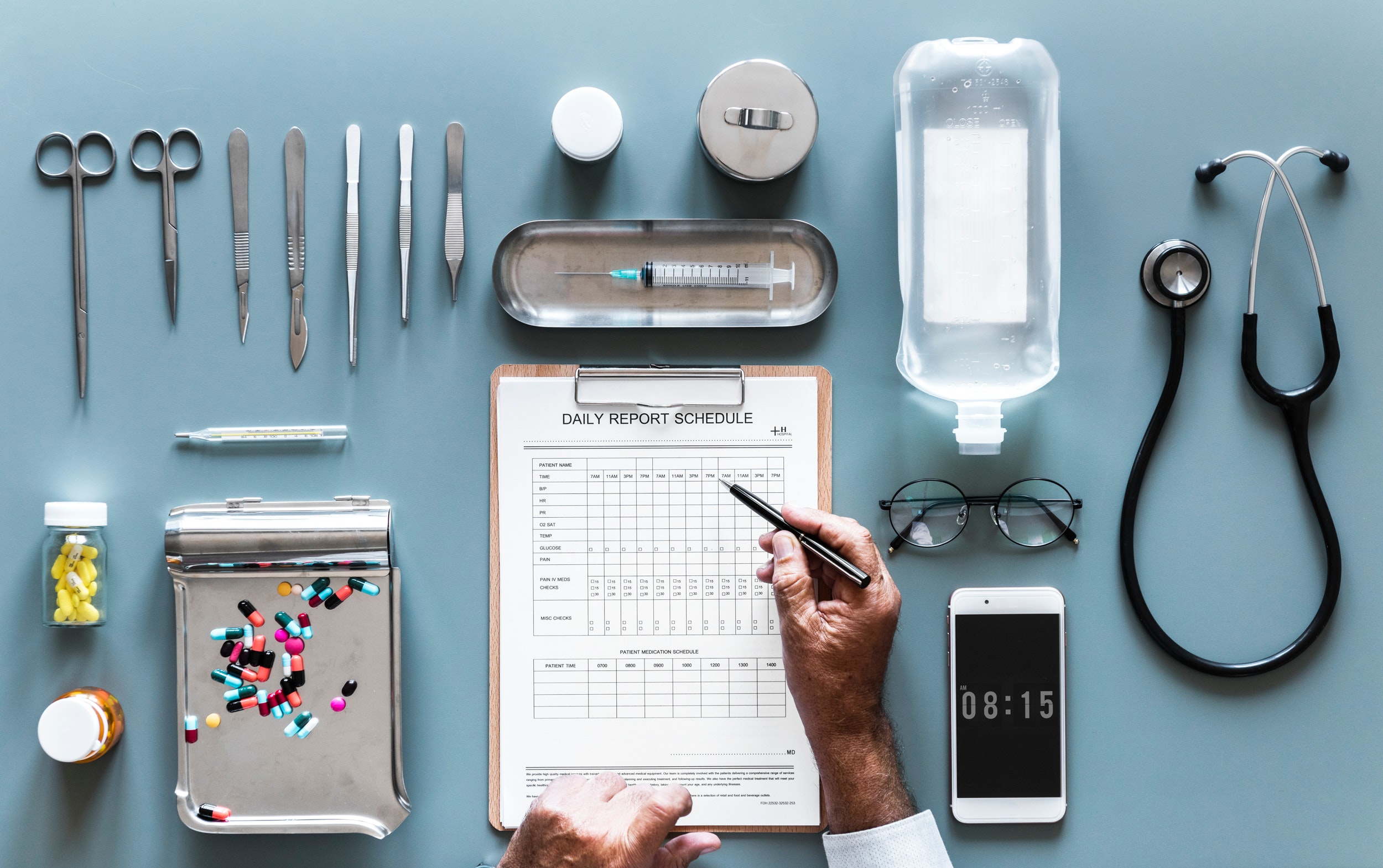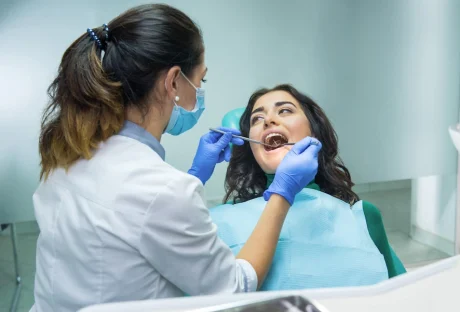Now that school is back in session, you can look forward to seeing your college friends, attending frat parties and stressing out about your workload. It’s all a part of the college experience, but that doesn’t mean you have to let stress get you down.
You may not be able to eliminate it completely, but you can definitely minimize your back to school stress with the right techniques.
Here are five ways college students can minimize stress.
1. Prepare in advance :
If possible, read the syllabus for each class before it starts. In this document, you should find out exactly what’s expected of you throughout the semester. Put important dates and deadlines on your calendar so that you can plan the rest of your classes and social life around them.
If you know anyone who has taken the same class before, ask them how it was. Another student can give you insight that you won’t get on an outline. He or she may even be able to tell you how to get on the professor’s good side, which is a priceless nugget of information.
2. Meditate :
Meditation is a proven way to help combat stress by reducing cortisol levels. This doesn’t have to be a religious experience. Simply try to start each day with a quiet 5 or 10-minute meditation. This will help you focus better in class, prioritize your assignments and remain calm when it’s crunch time.
To get started with meditation, you may want to try a guided meditation or some simple breathing exercises. Sit in a quiet area, relax your body and mind, and focus on your breaths in and out. Don’t worry if it seems haphazard at first. You’ll get better with practice.
3. Keep partying to a minimum :
Drugs and alcohol seem like a part of college life for many students, but they can get in the way of your education if you let them. These things can have a negative impact on your memory and cognitive abilities, and they can increase your anxiety an stress levels.
It’s okay to drink in moderation, but don’t drink so much that you have to start worrying about alcohol addiction.
4. Exercise regularly :
Exercise is a natural stress-busting activity, so you should try to make it a regular part of your routine. Try to fit at least 30 minutes of aerobic exercise into each day, if not more.
When you exercise, your body releases endorphins, which are responsible for that great post-workout euphoria. Endorphins are a natural antidote to the cortisol that courses through your body during midterms and finals.
5. Build a support network :
College can be a fun time, but it can also be a stressful and difficult time. Make sure you have a good support system to help you through. Even just one or two good friends can help you get through the hard times. It can help to talk about your thoughts and feelings, but it’s especially beneficial to have someone to laugh with. Just like exercise, laughter causes the body to release feel-good endorphins.
You may have a long year ahead with lots of work, but don’t let stress get the better of you. You’re stronger than you know.
Read Also :






















